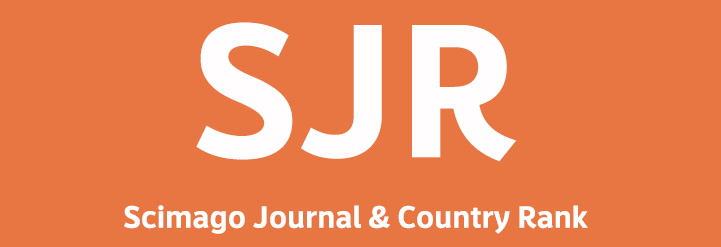APPLICATION OF OLEANANE AND STERANE INDEX FOR BIOSTRATIGRAPHIC AGE DETERMINATION: EXAMPLES FROM KANGEAN OILS, NORTHEAST JAVA BASIN
DOI:
https://doi.org/10.29017/SCOG.37.1.618Keywords:
Northeast Java Basin, Cretaceous, Ngimbang Formation, source rocks, depositional environment, Oleanane and Sterane Index, age determinationAbstract
Northeast Java Basin is known as mature Cenozoic basin, yet this understanding override possibility of
sediment older than Cenozoic. This thoughthas brought current exploration strategy of this basin concerning
within only Cenozoic sediments. Therefore, it is believed that the source rock in this basin was also derived
from Cenozoic sediments, especially the Ngimbang Formation, which was formed during Late Eocene
to Early Oligocene in the stage of Early Synrift. On the other hand, the occurrence of Alisporites sp has
pointed Cretaceous sediments is a potential source rock. However, it is still debatable due to the presence of
Alisporites similis in Serawak Basin of Malaysia, which is present until Paleocene. Three crude oils from the
Kangean oil fi eldNortheast Java Basin, namely NEJB-748, NEJB-749 and NEJB-750have been investigated
using gas chromatography (GC) and gas chromatography/mass spectrometry (GC/MS).Kangean oils are
classifi ed as mixed oil with organic matter originated from marine and terrestrial deposited under oxidizing
and reducing conditions. Moreover, Kangean oils show very low oleanane and steraneindexthat may lead
us to the conclusion that the oils were originated from Cretaceous source rock.
Downloads
Published
Issue
Section
License
Copyright (c) 2022 SCIENTIFIC CONTRIBUTIONS OIL AND GAS (SCOG)

This work is licensed under a Creative Commons Attribution 4.0 International License.
Authors are free to Share — copy and redistribute the material in any medium or format for any purpose, even commercially Adapt — remix, transform, and build upon the material for any purpose, even commercially.
The licensor cannot revoke these freedoms as long as you follow the license terms, under the following terms Attribution — You must give appropriate credit , provide a link to the license, and indicate if changes were made . You may do so in any reasonable manner, but not in any way that suggests the licensor endorses you or your use.
No additional restrictions — You may not apply legal terms or technological measures that legally restrict others from doing anything the license permits.














